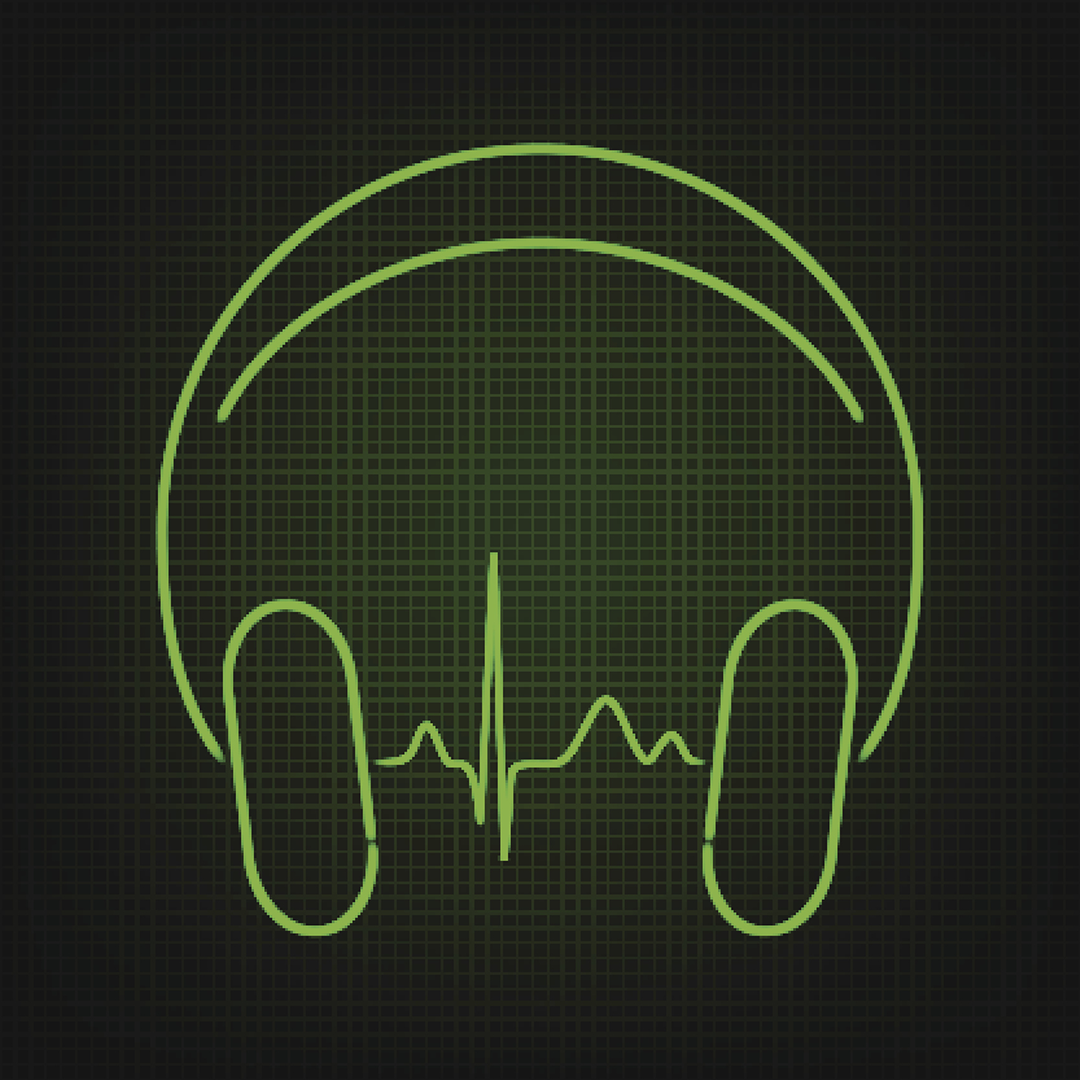
29 Jun Music and Your Health
What’s your “cheer up” song?
Did you know that music may actually help boost your health as well as your mood?
Music engages not only your auditory system but many other parts of your brain as well, including areas responsible for movement, language, attention, memory, and emotion. There is no other stimulus on earth that simultaneously engages our brains as widely as music does. This global activation happens whether you listen to music, play an instrument, or sing — even informally in the car or the shower.
Make your heart sing!
Music can also alter your brain chemistry, and these changes may produce cardiovascular benefits, as evidenced by a number of different studies.
For example, studies have found that listening to music may:
- Enable people to exercise longer during cardiac stress testing done on a treadmill or stationary bike
- Improve blood vessel function by relaxing arteries
- Help heart rate and blood pressure levels to return to baseline more quickly after physical exertion
- Ease anxiety in heart attack survivors
- Help people recovering from surgery to feel less pain and anxiety
Notable effects!
Like other pleasurable sensations, listening to or creating music triggers the release of dopamine, a brain chemical that makes people feel engaged and motivated. An exercise class without music is unimaginable. Sound processing begins in the brainstem, which also controls the rate of your heartbeat and respiration. This connection could explain why relaxing music may lower your heart rate, breathing rate, and blood pressure — and also seems to ease pain, stress, and anxiety.
What music resonates for you?
Preference matters! Research suggests that patient-selected music shows more beneficial effects than music chosen by someone else, which makes sense. According to the American Music Therapy Association, music provokes responses due to the familiarity, predictability, and feelings of security associated with it.
There’s no downside to using music either to relax or to invigorate your exercise routine, provided you keep the decibel level in a safe range.
Printable Attachment
Research suggests that music not only helps us cope with pain — it can also benefit our physical and mental health in numerous other ways. Read on to learn how listening to tunes can ramp up your health.
Ease pain- Music can meaningfully reduce the perceived intensity of pain, especially in geriatric care, intensive care, or palliative medicine.
Improve sleep quality- Listening to classical music has been shown to effectively treat insomnia making it a safe, cheap alternative to sleep-inducing meds.
Enhance blood vessel function- the emotions patients experience while listening to music have a healthy effect on blood vessel function. Music helps patients feel happier resulting in increased blood flow in their blood vessels.
Reduce stress- listening to music can relieve stress by triggering biochemical stress reducers (think of these physiological processes as anti-stress ninjas).
Relieve symptoms of depression– When you’re feeling down in the dumps, music can help pick you up.
Elevate mood. music helps put people in a better mood and get in touch with their feelings. Mood regulation and self-awareness are the two most important benefits of listening to music.
Improve cognitive performance. Background music may enhance performance on cognitive tasks.
Relax patients before surgery. One study found that listening to music helped put cardiovascular surgery patients at ease as they awaited their operations.
Ease stress after surgery. Music isn’t only helpful pre-surgery. Listening to music while resting in bed after surgery helped relax patients and decrease their stress levels.
Help cancer patients manage stress and anxiety. Music has been found to help cancer patients communicate their feelings, manage stress, and ease physical pain and discomfort. It can also reduce anxiety and improve their quality of life.
Ease recovery in stroke patients- when stroke patients listen to music, their verbal memory and attention improve and they had a more positive mood compared to patients who didn’t listen to music.
Regardless of your taste in music, it’s clear that tunes benefit our health!

No Comments